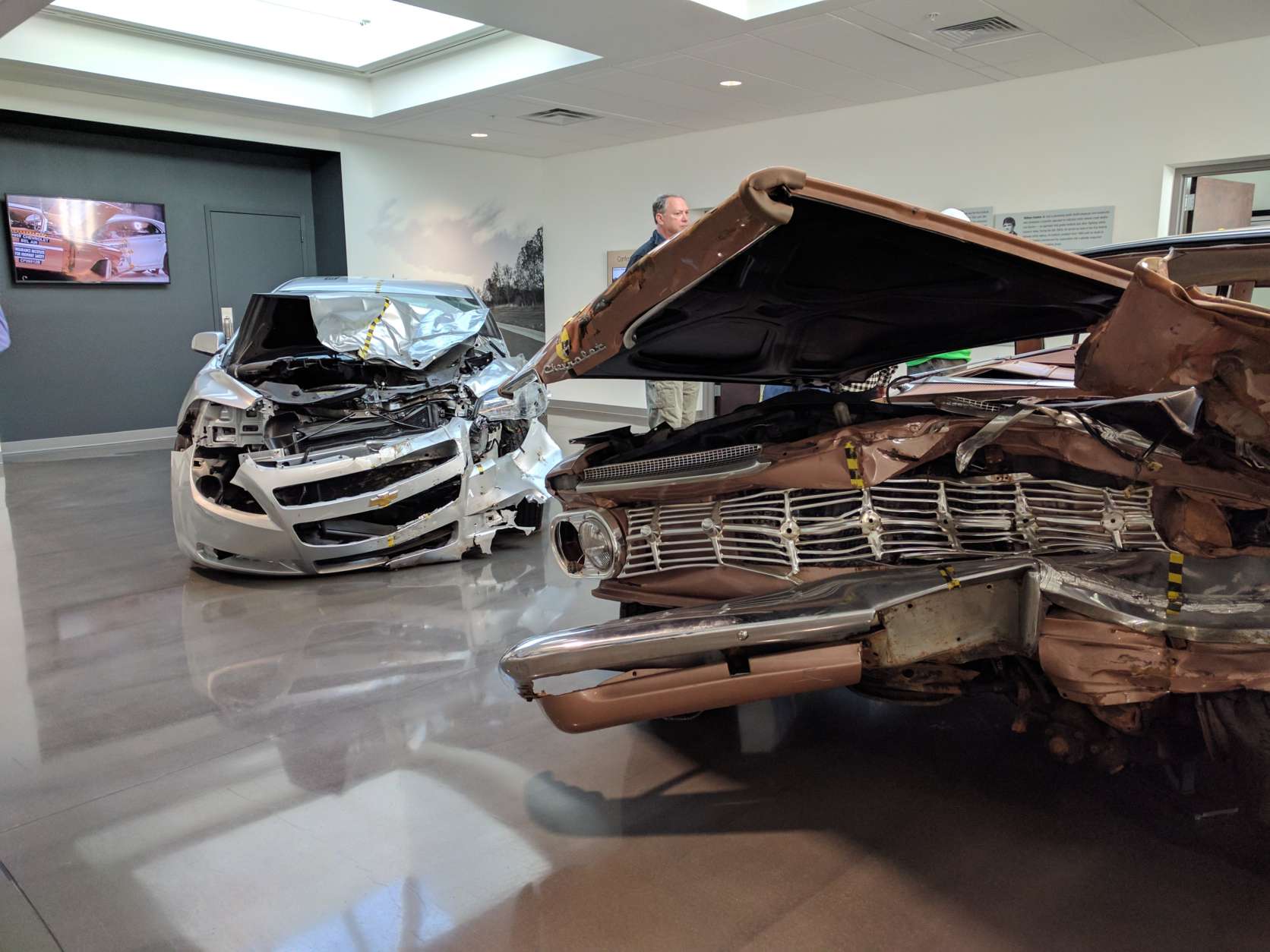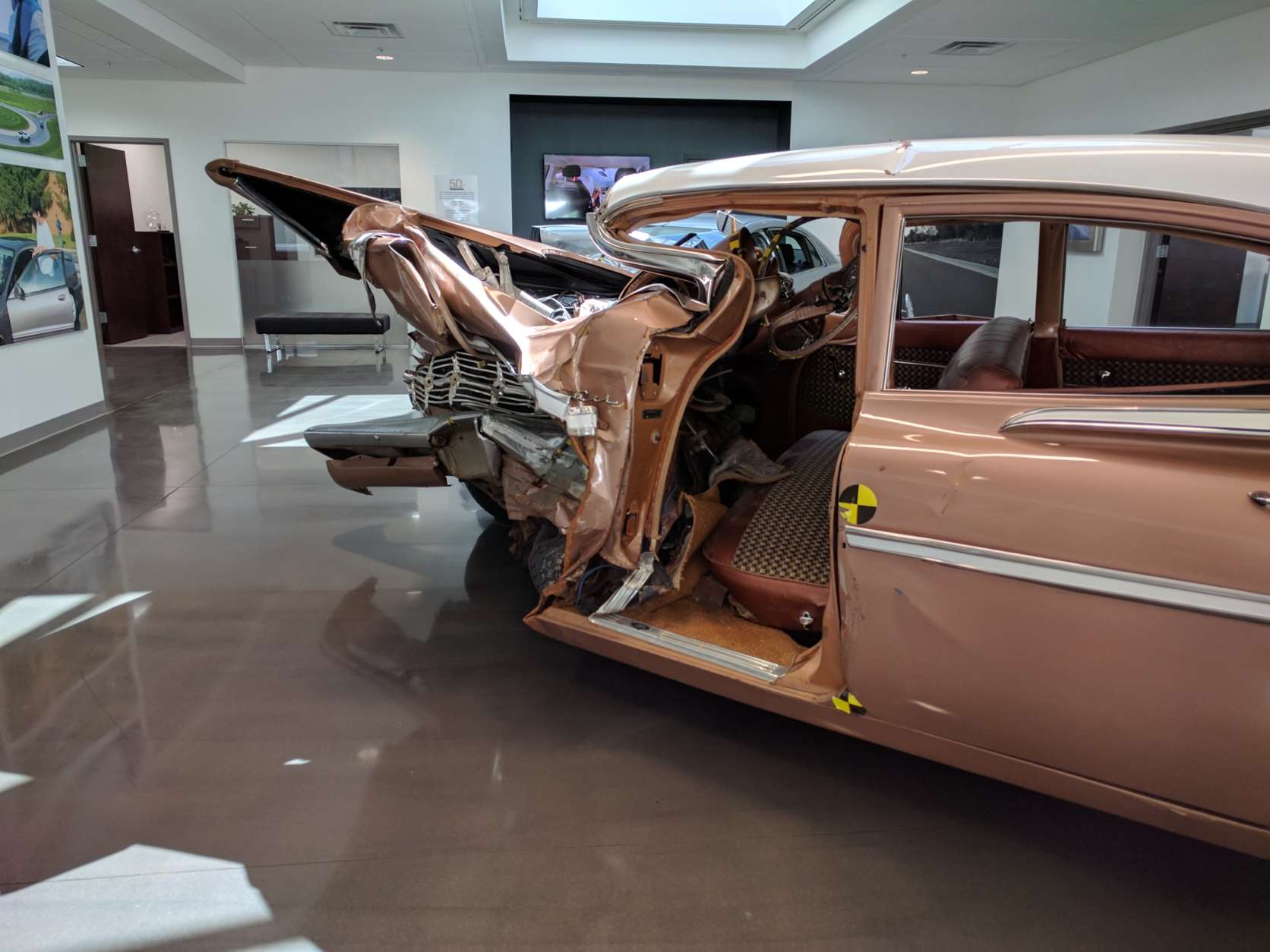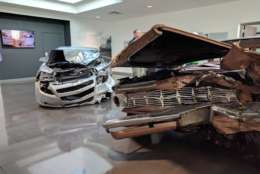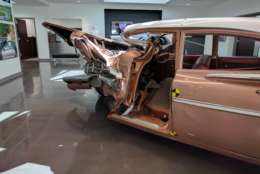WASHINGTON — Cars have lots of new high-tech features to keep you safe, but a new study finds that half of D.C.-area drivers are turning one of those systems off.
A study of cars brought in for service at 14 D.C.-area car dealerships found that lane maintenance systems were turned on just 51 percent of the time, according to new numbers from the Insurance Institute for Highway Safety.
“That is an indication that the warning strategy might be more annoying to the driver,” said David Aylor, manager of active safety testing for the IIHS.
Many safety systems on the market now use audible alerts to let drivers know they have crossed a line in the road. But some drivers complain of false alerts because of things like unclear lane markings, or unnecessary alerts that may come when they intentionally leave a lane.
The IIHS found systems designed to prevent rear end crashes that use alerts, and in some cases automatic braking, were left on more than 90 percent of the time. Blind sport monitoring systems were also left on 99 percent of the time.






According to the IIHS, 70 percent of 2017 model year vehicles have some kind of forward collision warning either standard or available as an option. And 45 percent of new vehicles have forward collision warning with automatic braking standard or available as an option.
In 2008, only 1 percent of vehicles offered forward collision warning with automatic braking.
Research in 2016 showed autobrake systems are reducing front-into-rear crashes by up to 50 percent for the vehicles equipped with them.
“A lot of these active safety features can be updated very quickly. You can add camera radar to a pre-existing design. So we’re at a point where a lot of these active safety features are coming very quickly,” Aylor said.
The IIHS expects front-crash prevention systems will be standard on virtually all new vehicles by 2022.
During WTOP’s visit to the IIHS Vehicle Research Center in Ruckersville, Virginia, a 2017 Nissan Frontier was put to the test. Watch video of that IIHS crash test below.








